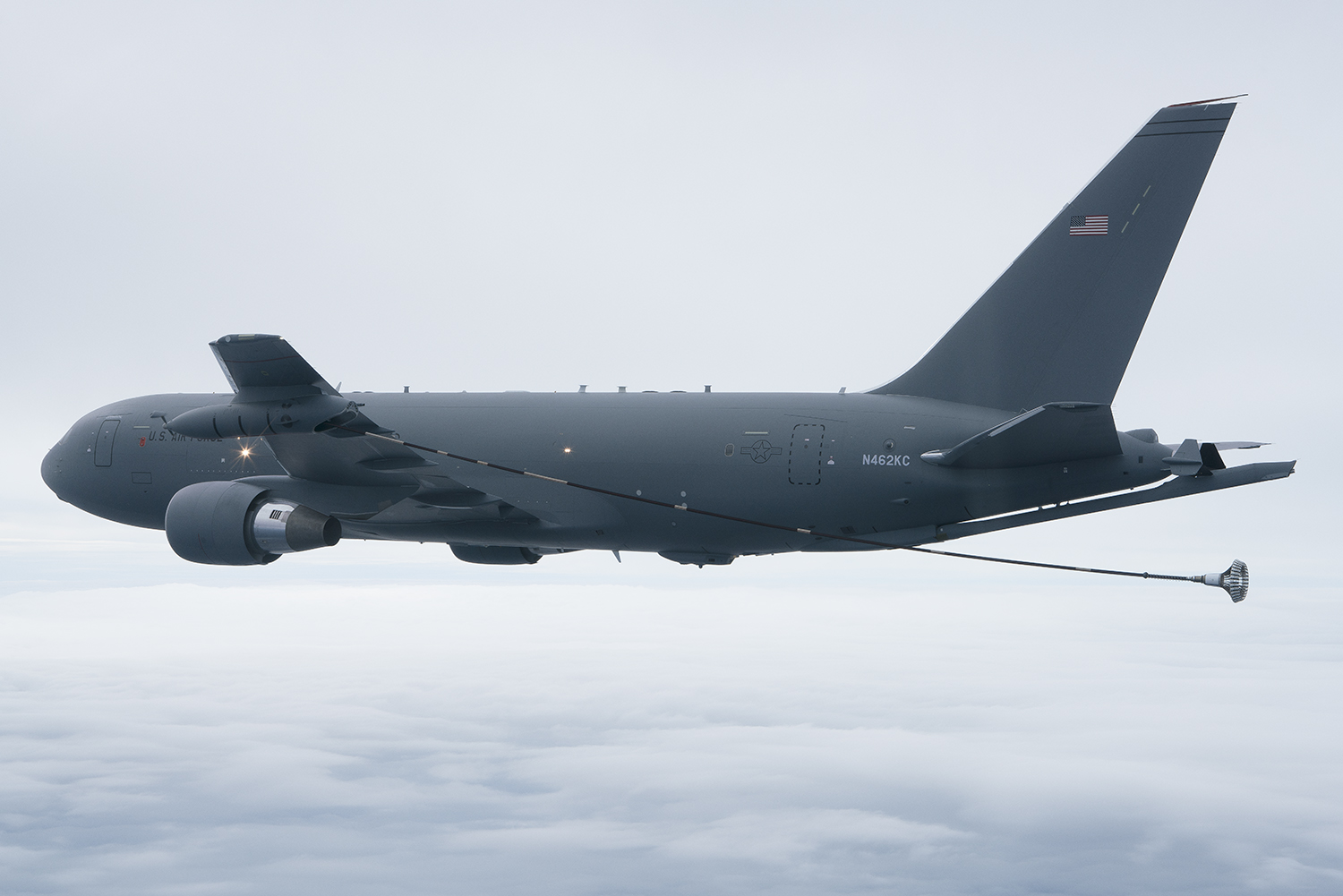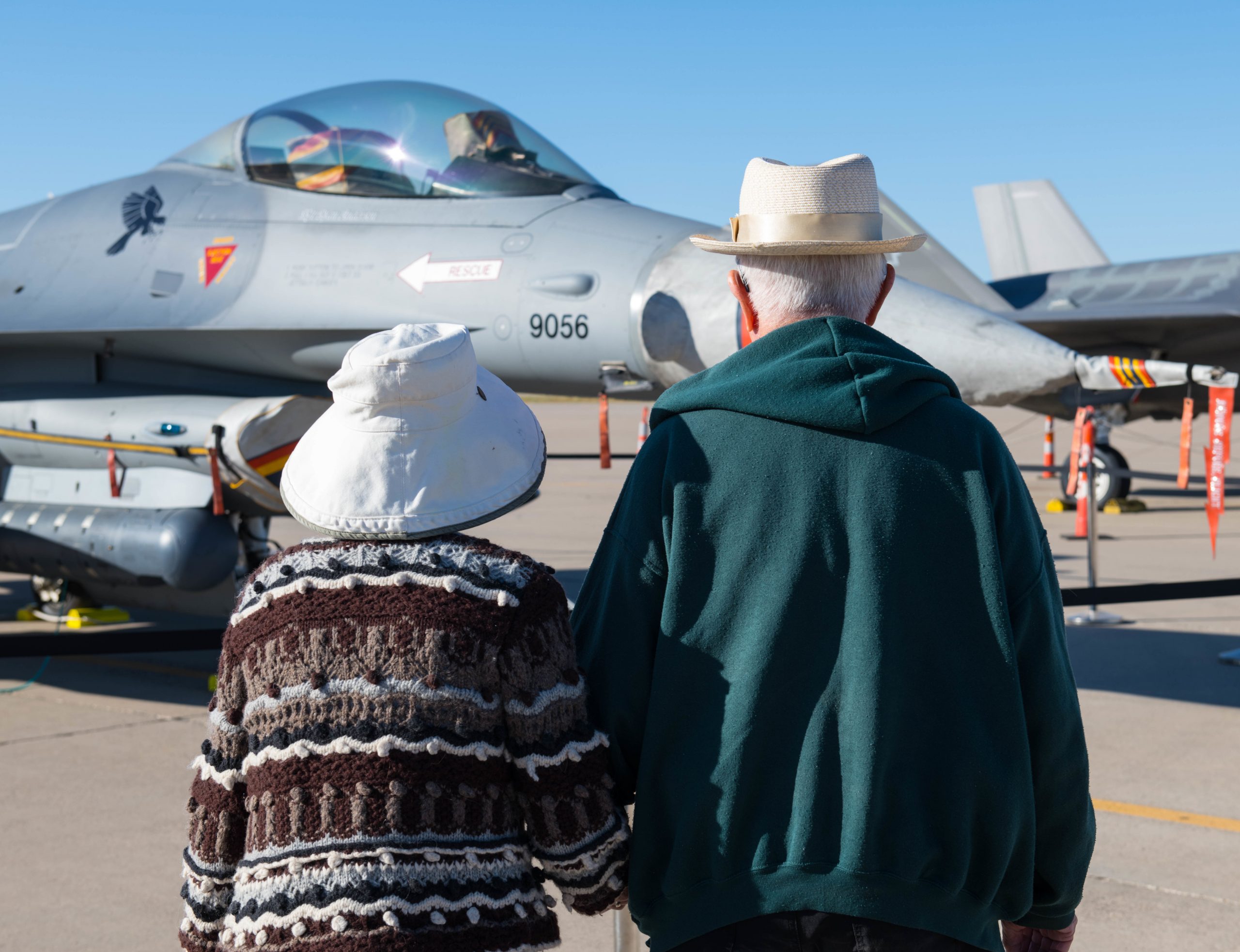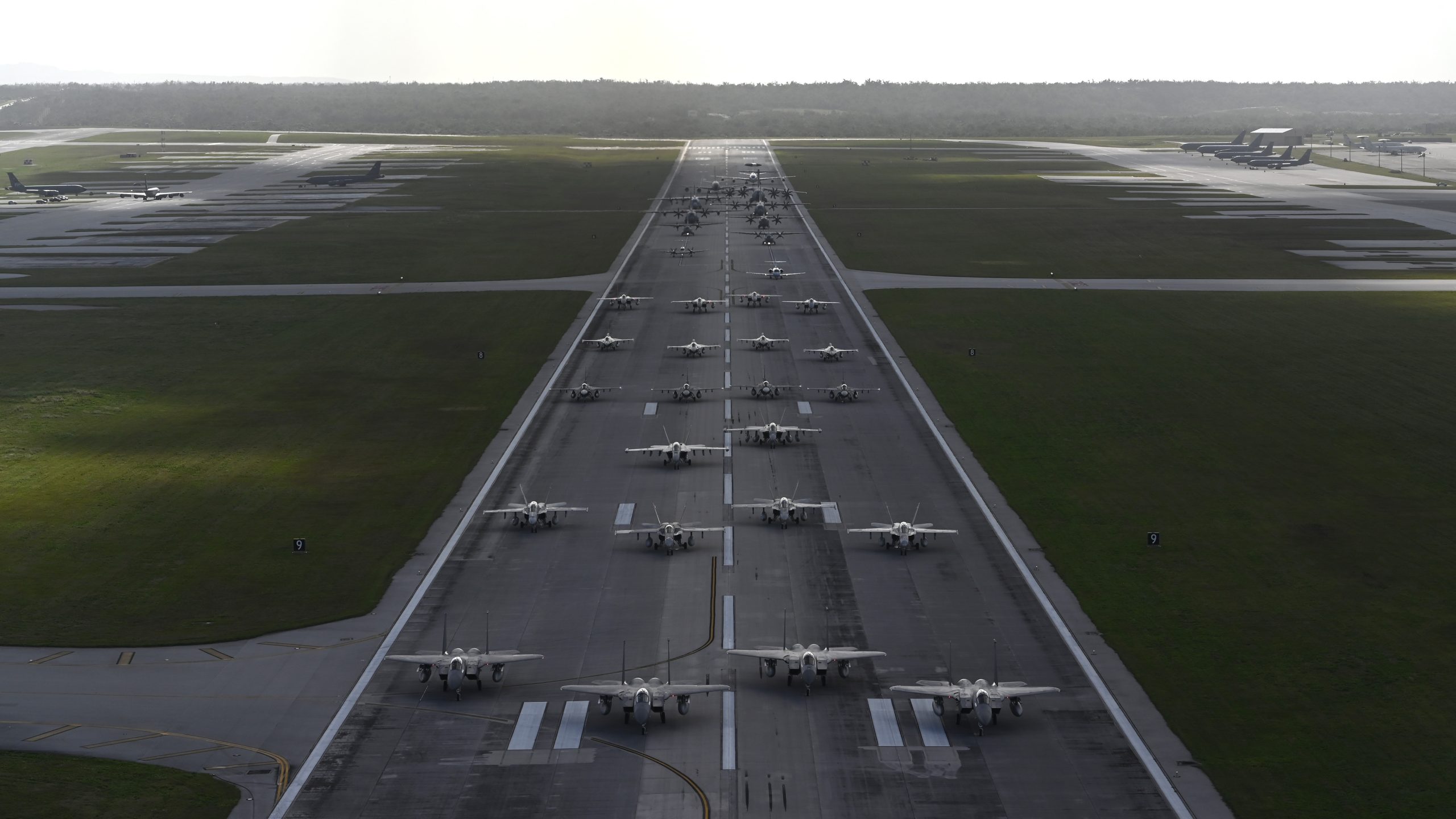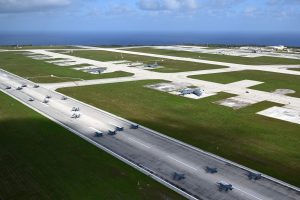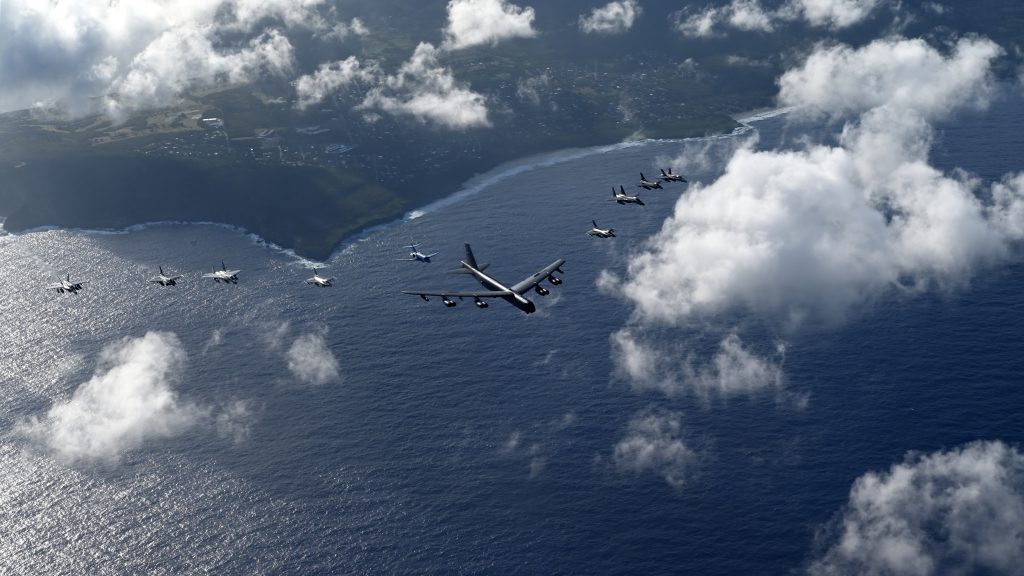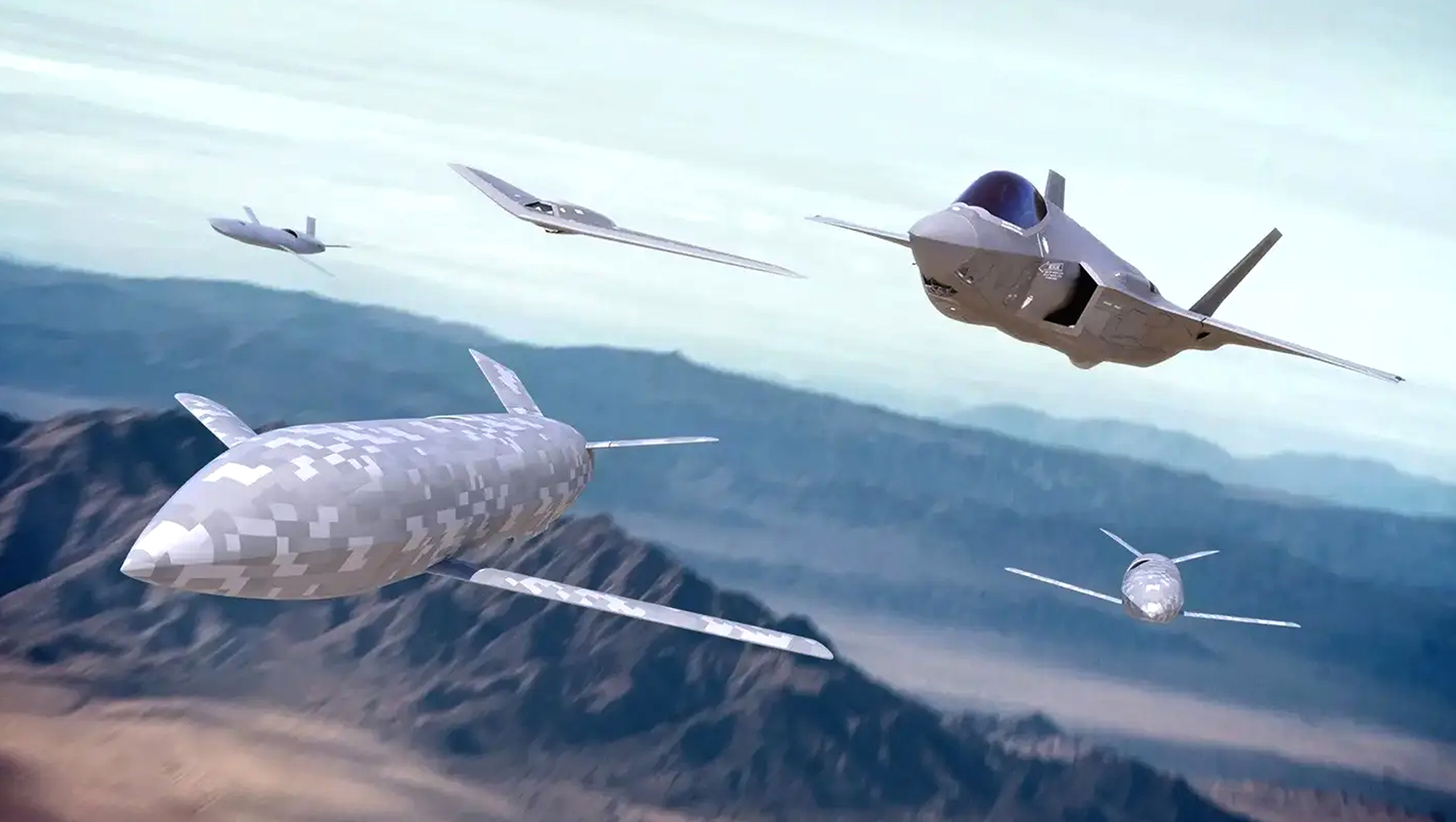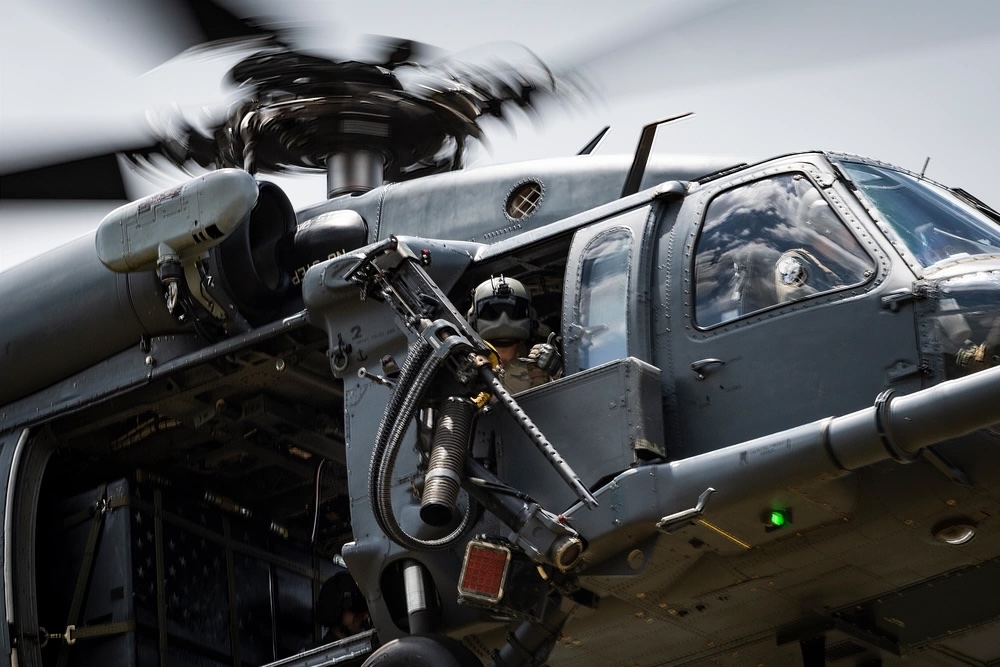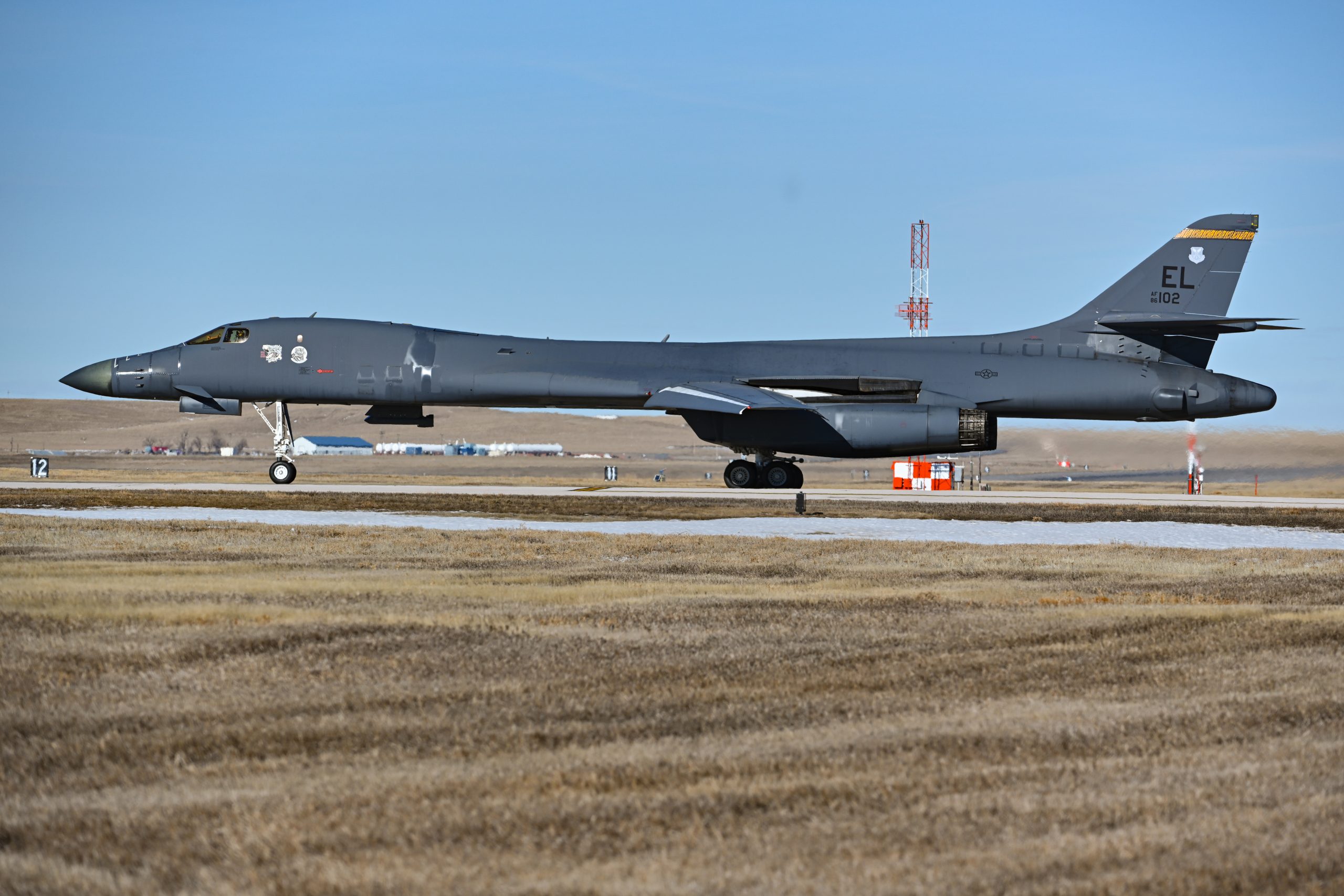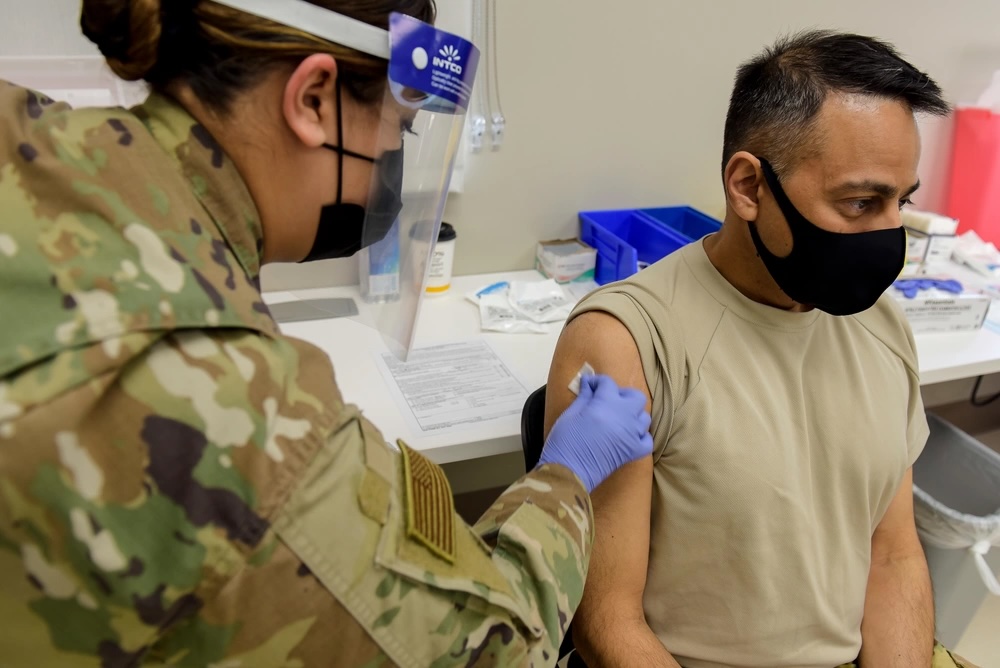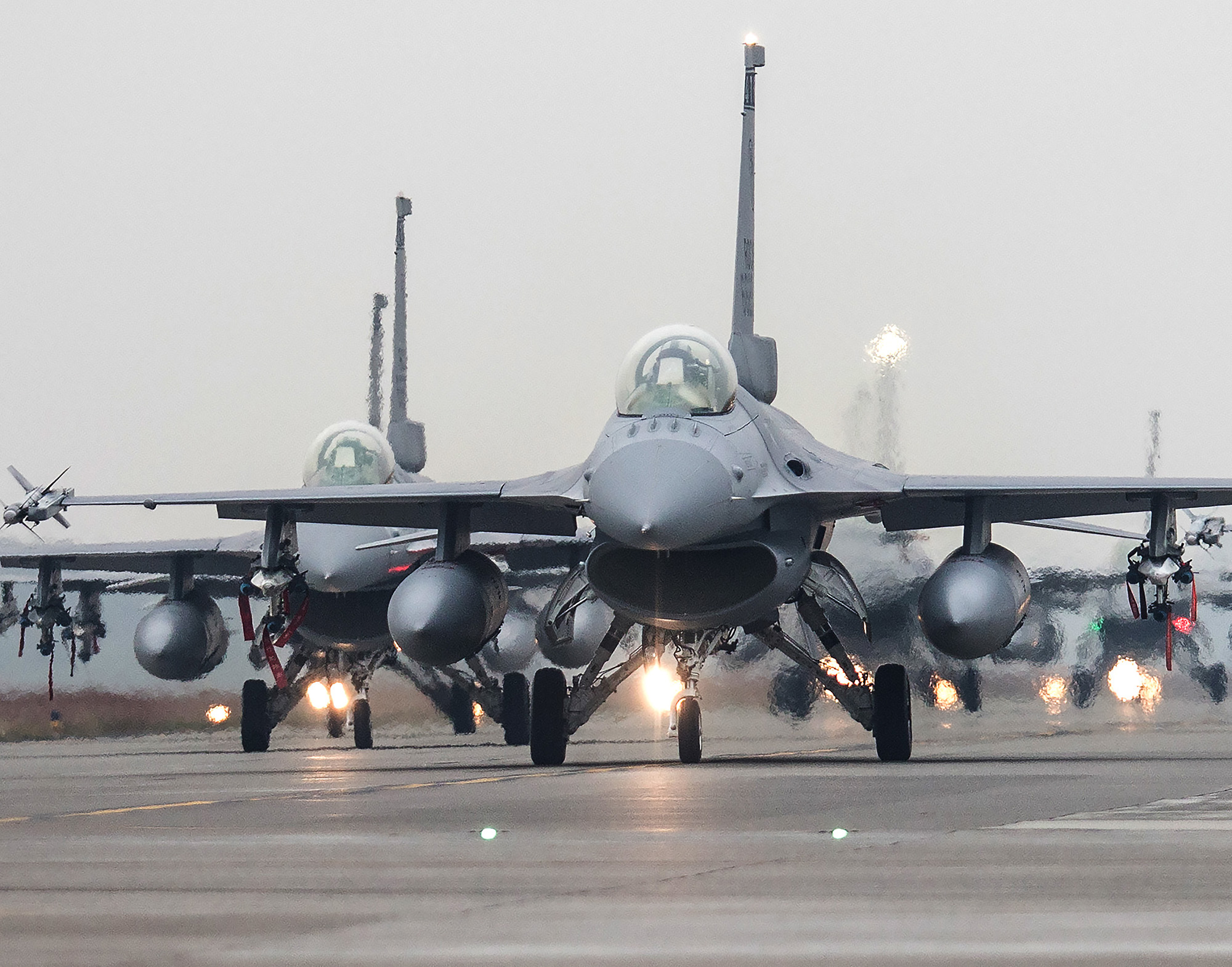The Air Force’s KC-46 tanker has been plagued by issues for years now, most of them related to its Remote Vision System and refueling boom. But a Pentagon report released late last month detailed problems with another key Pegasus feature: its Wing Aerial Refueling Pods.
The WARPs, mounted on the aircraft’s wings, are supposed to allow the KC-46 to refuel two aircraft simultaneously, as opposed to most of the current USAF tanker fleet that can only use a centerline drogue to refuel one aircraft at a time.
The Air Force said it successfully tested the pods in 2019, and Boeing officials expressed confidence in January 2021 that they would receive FAA certification soon. But the Director of Operational Test & Evaluation’s 2023 annual report released in January noted that the pods, along with well-publicized RVS and boom redesigns, are delaying the completion of initial operational test and evaluation for the KC-46.
IOT&E, necessary for a full-rate production decision, was supposed to happen for the WARP system in April 2023. Instead, the process was suspended, the report said.
“The WARP system was not able to enter IOT&E or be released for operational employment, because it failed several compliance criteria for FAA supplemental-type certification,” the report stated.
Specifically, the WARPs did not meet certification requirements for cowling bird strike, lightning tolerance, and wiring corrosion protection.
Boeing referred queries to the Air Force, and an Air Force Life Cycle Management Center spokesman said the KC-46 program office “is in the process of obtaining all the required FAA certifications … [and] currently conducting a schedule risk assessment to obtain firm completion dates.”
The report, based on data and information through the end of fiscal 2023, suggested the program office hoped to have the WARP system ready for IOT&E by the first quarter of fiscal 2024—the last three months of calendar year 2023.
But the Air Force spokesman said the process was “slightly delayed.”
“Preparations are underway for a start in the second quarter of fiscal year 2024,” the spokesman said, adding that FAA certifications will not delay testing, “as IOT&E will be conducted using one of the production article pods.”
Other issues remain as well. The KC-46’s operational readiness and mission capable rates “remained steady at well below their threshold requirements,” the report stated.
“A notable factor adversely affecting availability metrics is the time-based maintenance driven by underlying commercial 767 requirements, along with commercial parts supply chain delays that contribute to a significant portion of the aircraft down-time,” the report explained.
The Air Force spokesman said Boeing and the service have reviewed the “A Check” maintenance schedule and shifted those tasks from every six months to every two months to improve availability. Other reviews are ongoing and “changes will be made when performance data and analysis supports a change,” the spokesperson said.
The DOT&E report also noted continued problems with the Automatic Performance Tool and technical documents meant to guide the KC-46’s cargo operations. Those problems were part of what led the Air Force Operational Test and Evaluation Center (AFOTEC) to issue a Category I emergency deficiency report for cargo operations in 2022, though that deficiency was later lowered to a Category II.
The report authors recommended that the Air Force and Boeing complete development of an “improved” cargo operations manual, and the AFLCMC spokesman said that effort is still in progress, with an anticipated release date in the third quarter of fiscal 2024.
